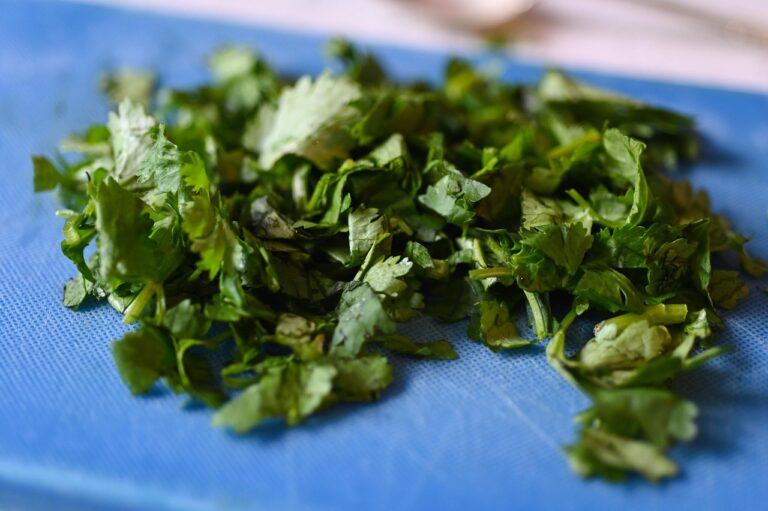Traditional African Dishes and Their Significance
The history of African cuisine is as diverse as the continent itself, with a rich tapestry of flavors and traditions that have evolved over centuries. From the ancient civilizations of Egypt and Ethiopia to the bustling markets of Nigeria and Morocco, African cuisine has been shaped by a myriad of influences, including trade, colonization, and migration.
Traditional ingredients like grains, tubers, legumes, and a vibrant array of spices form the backbone of African cooking. Each region of the continent boasts its unique culinary heritage, with dishes ranging from the fiery stews of West Africa to the fragrant tagines of North Africa. As African cuisine continues to gain recognition on the global stage, chefs and food enthusiasts are increasingly drawn to the bold flavors and colorful presentations that define this remarkable culinary tradition.
The Role of Food in African Culture
Food plays a pivotal role in African culture, serving as a cornerstone for social gatherings, celebrations, and daily life. In many African societies, food is not just sustenance but a symbol of community, identity, and heritage. Each dish tells a story of tradition and history, passed down through generations with pride and reverence.
Furthermore, food in African culture is intricately intertwined with rituals and ceremonies, marking important milestones such as births, weddings, and funerals. Specific dishes and ingredients hold symbolic meanings and are often prepared in accordance with customs and beliefs. Sharing a meal with others is a way of fostering unity and togetherness, reinforcing the values of hospitality and respect that are deeply ingrained in African societies.







